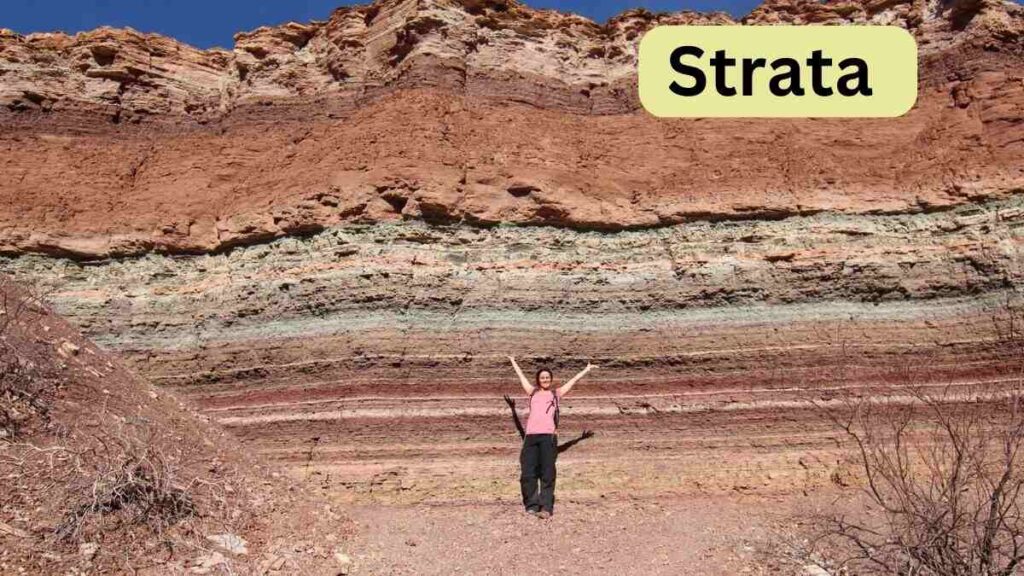Strata properties, such as condominiums and apartment complexes, offer many individuals an attractive housing option. However, like any property, strata buildings can experience defects and issues that require attention and resolution. This article will explore some common strata defects and how specialists address these challenges to ensure the safety and satisfaction of residents.
Water Infiltration and Leakage
Water infiltration and leakage are among the most prevalent issues in strata buildings. These problems can lead to structural damage, mould growth, and compromised building integrity. Water infiltration may occur through cracks in the building’s envelope, damaged roofing, or poorly sealed windows and doors.
Specialists address water infiltration and leakage by conducting comprehensive inspections to determine the basis of the problem. Repairs may involve patching cracks, resealing joints, and replacing damaged roofing or siding materials. Preventative measures, such as routine maintenance and waterproofing, are also implemented to minimise the risk of future issues.
Structural Deficiencies
Structural deficiencies can pose significant risks to strata buildings and their occupants. These defects may include foundation settlement, wall cracks, sagging floors, or issues with load-bearing elements. Addressing structural deficiencies is crucial to maintaining the safety and stability of the property.
Specialists in structural engineering and construction assess the severity of structural deficiencies through inspections and testing. Depending on the extent of the problem, solutions may involve foundation underpinning, reinforcement of load-bearing elements, or extensive renovations to restore the building’s structural integrity.
Electrical and Plumbing Problems
Electrical and plumbing issues can disrupt daily life in strata buildings. Common problems include faulty wiring, power outages, plumbing leaks, and drainage problems. These defects can affect the comfort and convenience of residents.
Licensed electricians and plumbers are called to diagnose and address electrical and plumbing problems. Repairs may involve rewiring, replacing fixtures, or repairing damaged pipes and drains. Routine maintenance and assessments can help prevent these problems from becoming major disruptions.
Building Envelope Failures
A well-maintained building envelope is essential to protect the interior of strata properties from the elements. Building envelope failures, such as gaps in insulation, deteriorating cladding, or inadequate waterproofing, can result in energy inefficiency and moisture intrusion.
Building envelope specialists evaluate the condition of the structure’s outer shell and recommend necessary repairs or upgrades. These may include resealing joints, installing new insulation, or replacing deteriorated cladding materials. A well-maintained building envelope contributes to energy efficiency and occupant comfort.
Pest Infestations
Pest infestations, such as rodents, insects, or birds, can be a nuisance and pose health risks to residents. Common areas and individual units within strata buildings can become susceptible to infestations if proper prevention and maintenance measures are not in place.
Pest control specialists assess the extent of the infestation and implement targeted measures to eradicate pests. Preventative strategies, such as sealing entry points and regular inspections, are essential to keep strata properties pest-free.
Fire Safety Concerns
Fire safety is a critical aspect of strata buildings, and defects in fire safety systems or equipment can jeopardise the safety of residents. Common issues include malfunctioning smoke detectors, inadequate fire extinguishers, or blocked escape routes.
Fire safety and protection specialists conduct inspections and tests to ensure that fire safety systems are fully functional and up to code. Repairs may involve replacing faulty equipment, conducting system upgrades, and educating residents about fire safety measures.
Inadequate Insulation and Soundproofing
Inadequate insulation and soundproofing can lead to discomfort and disturbances for residents in strata buildings. Thin walls, poor insulation, and inadequate soundproofing can result in noise transfer between units.
Specialists in insulation and soundproofing assess the building’s construction and recommend improvements to enhance insulation and soundproofing. These may include adding insulation materials, installing acoustic barriers, or upgrading windows and doors to minimise noise intrusion and improve thermal comfort.
Conclusion
Strata defects can affect residents’ safety, comfort, and satisfaction in condominiums and apartment complexes. Through thorough inspections, expert diagnosis, and effective repairs and preventative measures, specialists ensure that strata properties remain safe, functional, and enjoyable places to live. Proactively managing defects in strata development is essential to protect the investment and well-being of residents in these communal living spaces.
